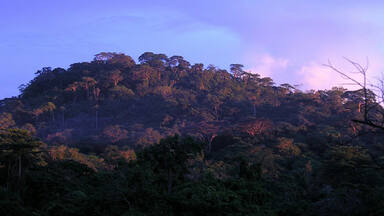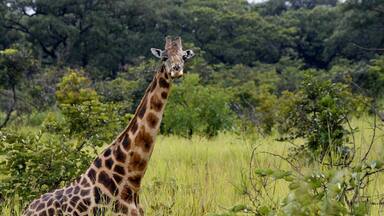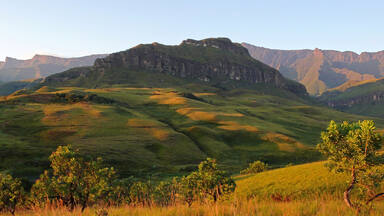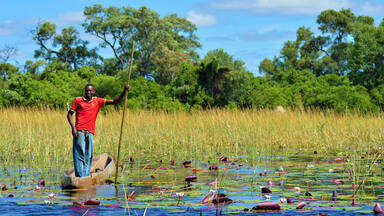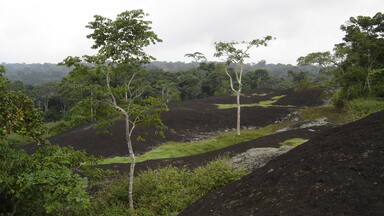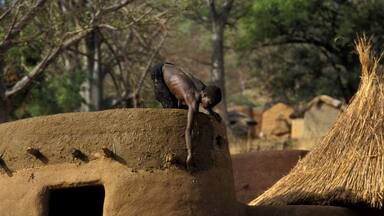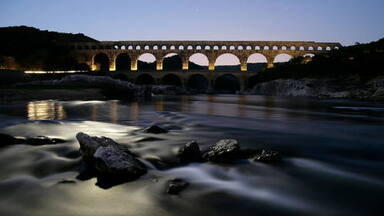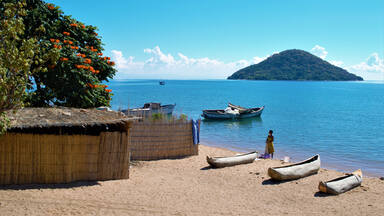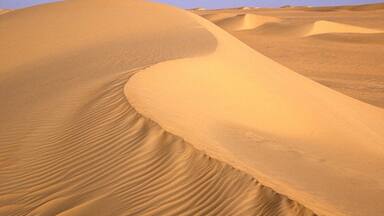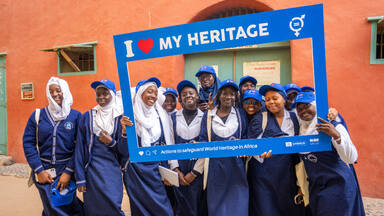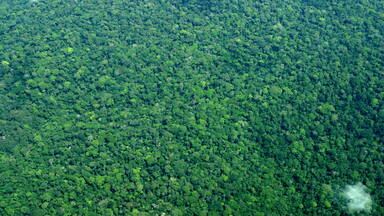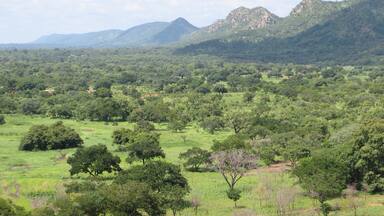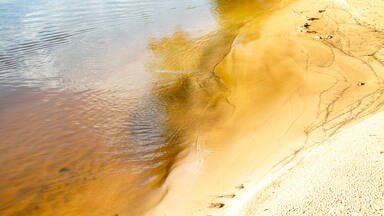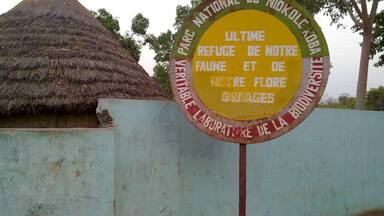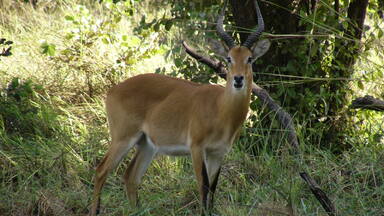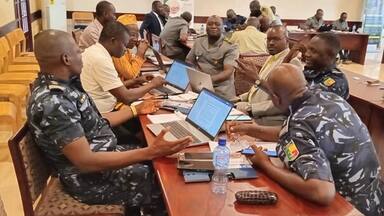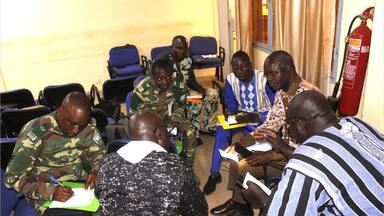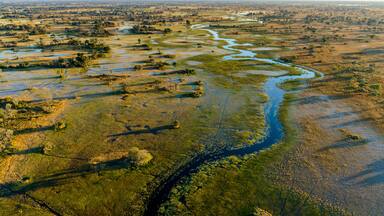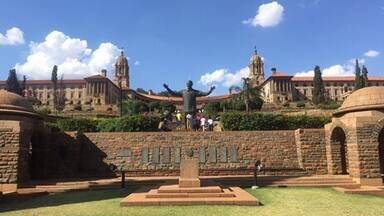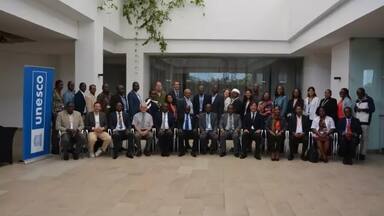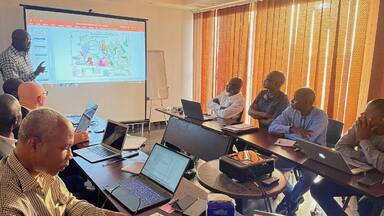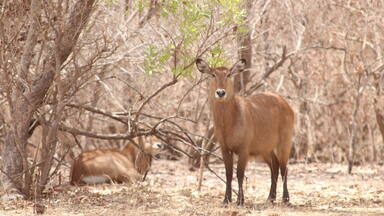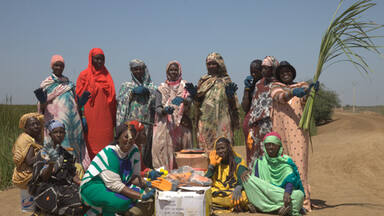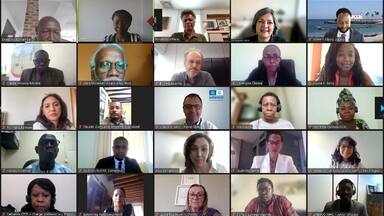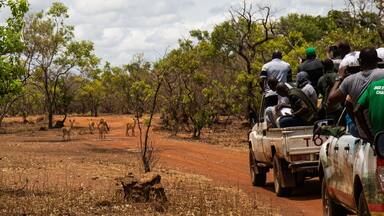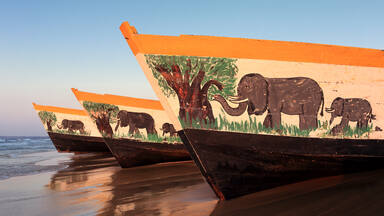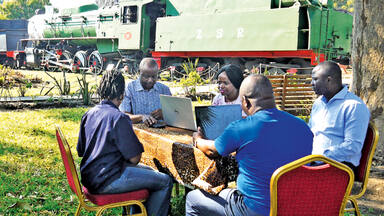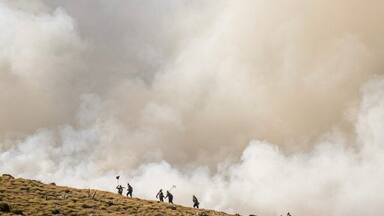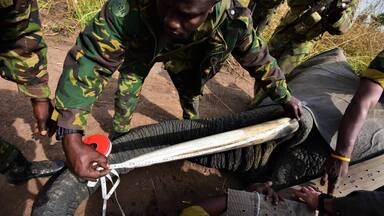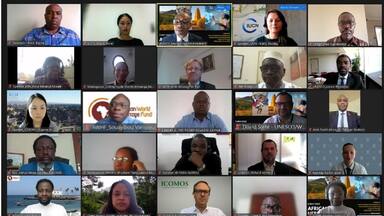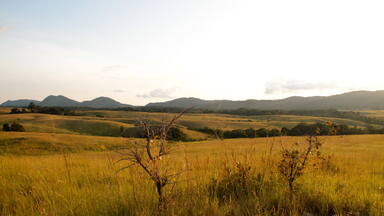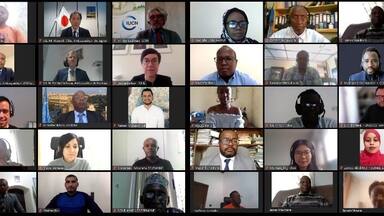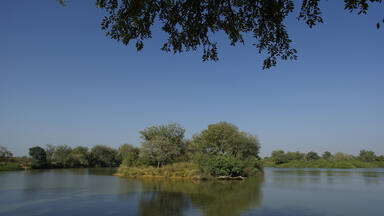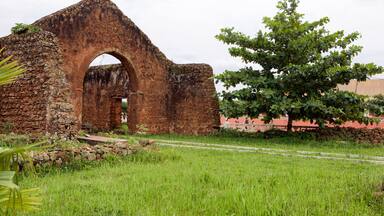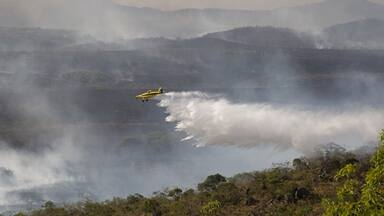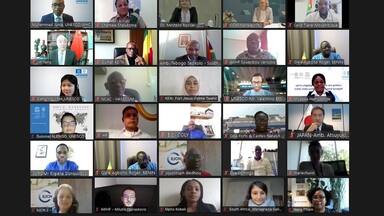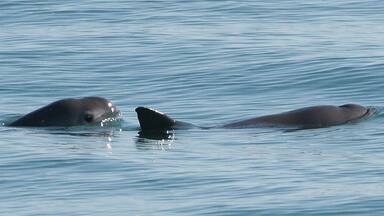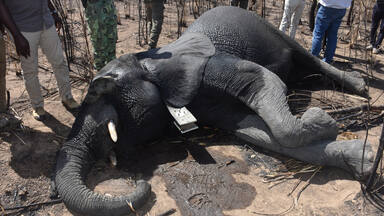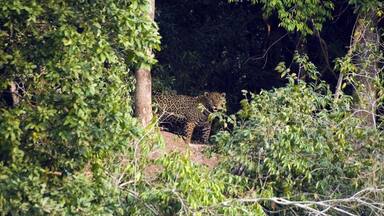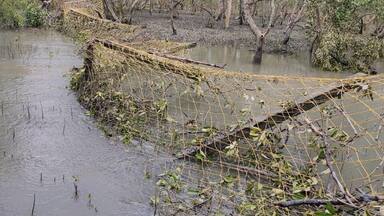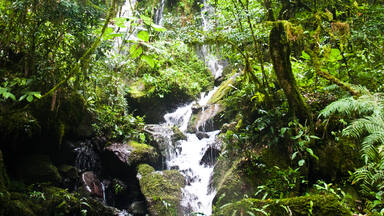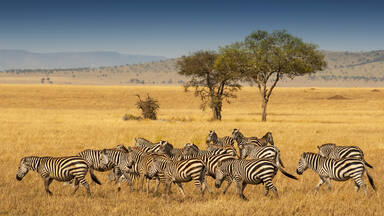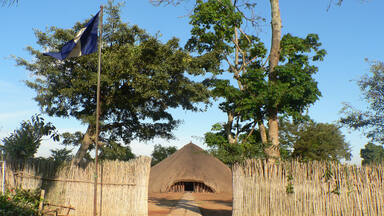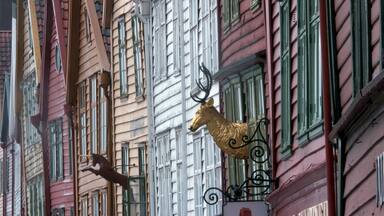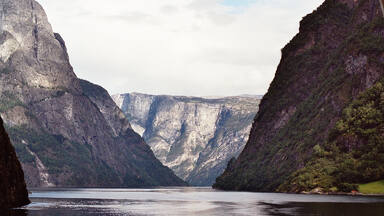Since 2019, Norway has been among the top donors to UNESCO and the World Heritage Fund, allowing predictable and long-term support to safeguarding of World Heritage. These activities enhance management of threatened UNESCO-listed sites notably in Africa and contribute to sustainable development of communities.
In December 2022, Norway renewed its Programme Cooperation Agreement with UNESCO for a four-year period (2022-2025), with an annual contribution of NOK 25 million dedicated to the World Heritage Fund and efforts to strenghten conservation of World Heritage sites in Africa.
Before this, Norway provided a grant of NOK 25 million in 2019 to the World Heritage Fund, in 2020 it committed additional NOK 50 million, and NOK 2 million in 2021, making Norway the top donor to the World Heritage Fund over this period.
Norway is also the founding partner of the World Heritage Leadership programme dedicated to capacity building. Norway was a member of the World Heritage Committee for the period 2017-2021.
Supporting World Heritage in Africa
The funding provided by the Government of Norway to the World Heritage Fund supports protection of threatened World Heritage properties in Africa, in particular natural sites and those inscribed on the List of World Heritage in Danger. The funding enables the UNESCO World Heritage Centre to develop and implement, together with States Parties and other conservation partners, a range of ambitious activities towards the preservation of World Heritage in Africa.
The World Heritage properties in Africa face a variety of threats from armed conflict to development pressures, unsustainable use of natural resources, rapid urbanization, and climate change. The COVID-19 pandemic mounted challenges at some sites, closing them from visitors and sometimes from guards, affecting local livelihoods and the security situation.
At the same time, the demands of heritage conservation have grown despite improved management of World Heritage in many sites over the last reporting period. On one hand, Africa’s rapid pace of development puts its World Heritage sites under increasing pressure. On the other, there is a need to ensure that heritage protection contributes to human well-being and sustainable development.
In addition to the project activities in Africa, Norway also contributes to the Rapid Response Facility, a mechanism that aids protected areas in the event of an emergency and sudden crisis. Further, with the support of Norway, UNESCO promotes the List of World Heritage in Danger as a key conservation tool of the World Heritage Convention.
Conservation for sustainable development
The World Heritage Sustainable Development Policy (2015), adopted by the World Heritage Committee, provides concepts and principles linking conservation of the Outstanding Universal Value of World Heritage properties with sustainable development. The participation of local communities and Indigenous peoples, gender equality and human-rights based approach are central to these aims.
All project activities supported by Norway aim at making an important contribution to the Agenda 2030 and the Sustainable Development Goals. The projects deploy strategies and practices that contribute to effective and equitable management of World Heritage sites, support human well-being and social inclusion of local communities, and enhance the capacity of heritage practitioners and institutions in Africa.
Furthermore, biodiversity and cultural diversity are interlinked, and activities funded by Norway promote culture and creativity through support to livelihoods and community-led conservation actions, which are often underpinned by cultural activities.
Halting biodiversity loss and restoring ecosystems
Norway’s support to UNESCO World Heritage sites in Africa improve conservation and management of globally significant areas for biodiversity conservation, therefore making an important contribution to the UN Kunming-Montreal Global Biodiversity Framework.
Among the threatened species on the IUCN Red List, World Heritage sites are home to almost 40% of all African elephants, 80% of all mountain gorillas left on the planet, and at least one-tenth of the remaining giraffes, lions and rhinos.
All supported sites protect vital environmental services and unique biodiversity, such as the Lake Malawi National Park that harbours globally unique fish diversity, while also improving food security of the local people by offering a refuge for the commercially valuable fish. UNESCO-listed forests in the Congo Basin such as Salonga National Park (Democratic Republic of the Congo) are globally important carbon sinks.
